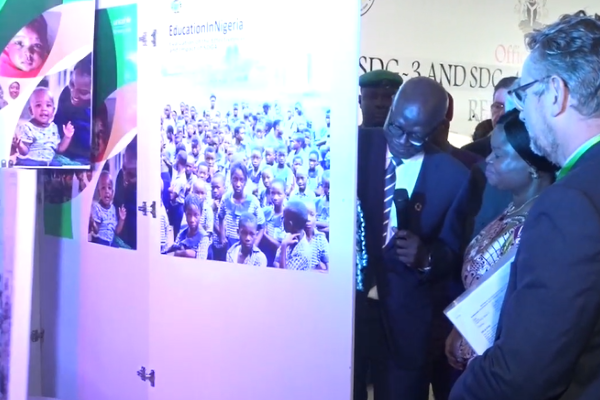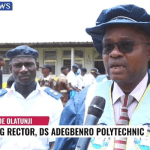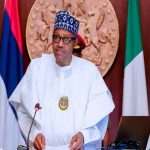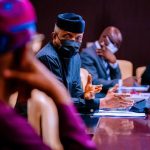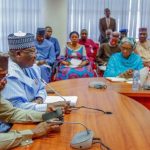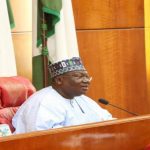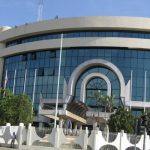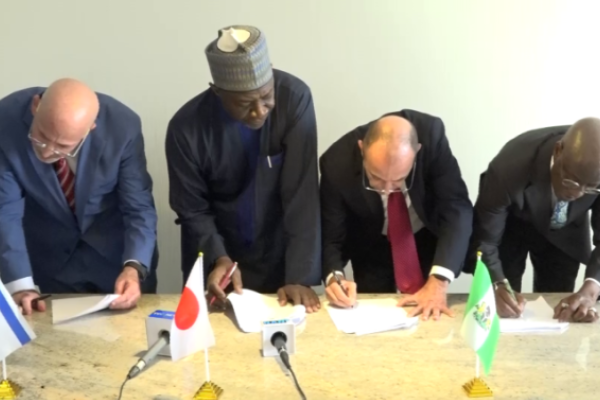Nigeria is the first nation to conduct an independent evaluation of SDGs 3 and 4, which is a commendable accomplishment.
But some findings in the evaluation are worrying as they indicate Nigeria is unlikely to achieve the global agenda for universal inclusive and equitable basic education for all school children age by 2030 if the current investment in education is not increased
The UN Resident Coordinator in Nigeria, Matthias Schmale, made this disclosure at the official launch of the SDG 3 and 4 independent evaluation report in Abuja.
[wonderplugin_video iframe=”https://youtu.be/pP3TUt0IClY” lightbox=0 lightboxsize=1 lightboxwidth=960 lightboxheight=540 autoopen=0 autoopendelay=0 autoclose=0 lightboxtitle=”” lightboxgroup=”” lightboxshownavigation=0 showimage=”” lightboxoptions=”” videowidth=600 videoheight=400 keepaspectratio=1 autoplay=0 loop=0 videocss=”position:relative;display:block;background-color:#000;overflow:hidden;max-width:100%;margin:0 auto;” playbutton=”https://www.tvcnews.tv/wp-content/plugins/wonderplugin-video-embed/engine/playvideo-64-64-0.png”]
Nigeria has made slow and steady progress in meeting the 2030 sustainable development goals
As at 2020, Nigeria ranked 160 in the World SDG index, but currently ranks 139
Efforts to ensure Nigeria is not left behind as the world races to meet this global development agenda is one of the reasons Nigeria sanctioned an independent evaluation report with support from UNICEF
The Vice President is confident that findings contained in the report, will enable Nigeria strengthen policies.
According to the UN in Nigeria, Nigeria may need to enhance investment in education to reach a milestone in SDG 3 and 4.
Senior Special Assistant to the President on Sustainable Development Goals, Adejoke Orelope-Adefulire discussed the core of the evaluation to TVC as the evaluation report was released.
The Minister of State for Education also reacted to the gaps raised in the evaluation on education.

